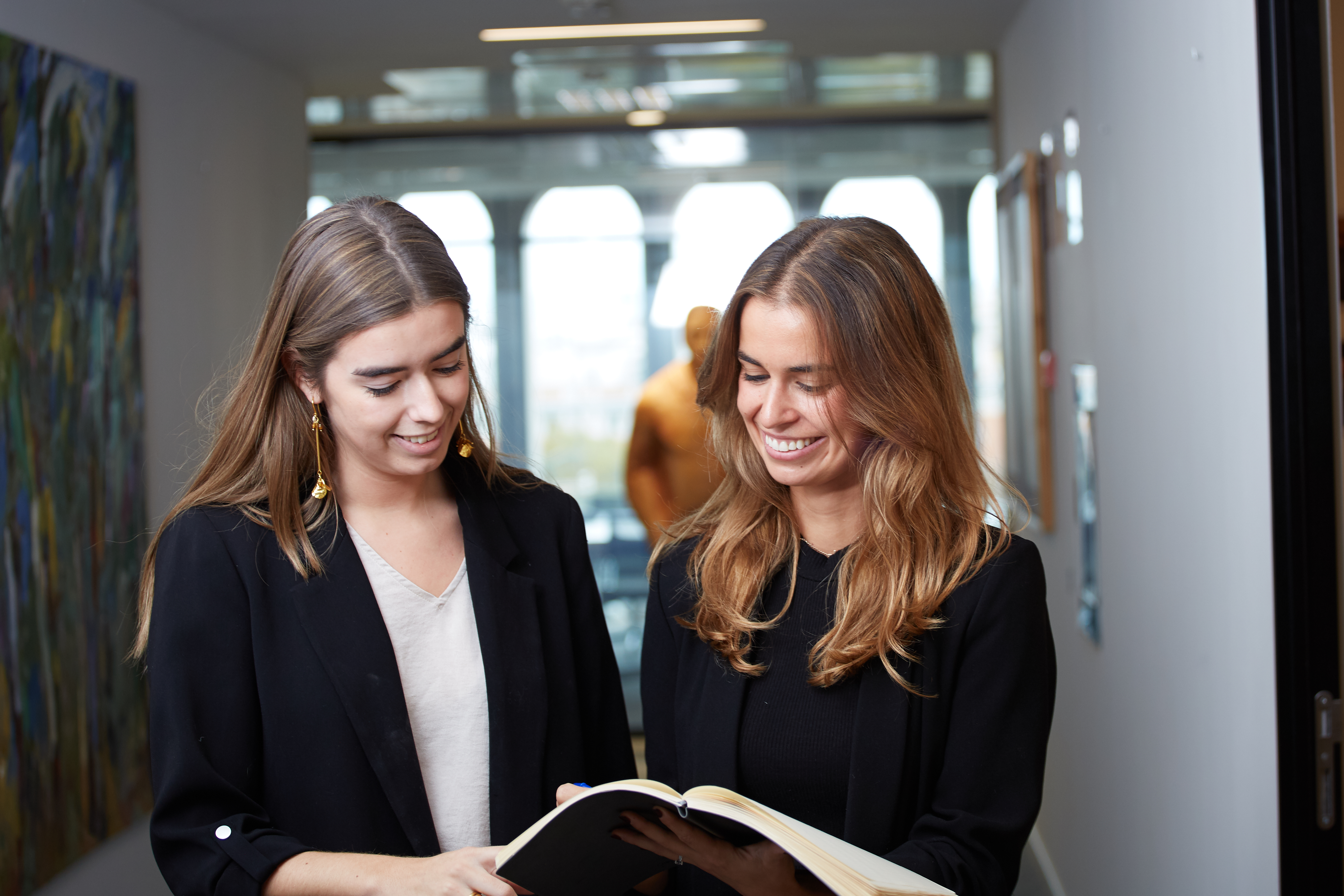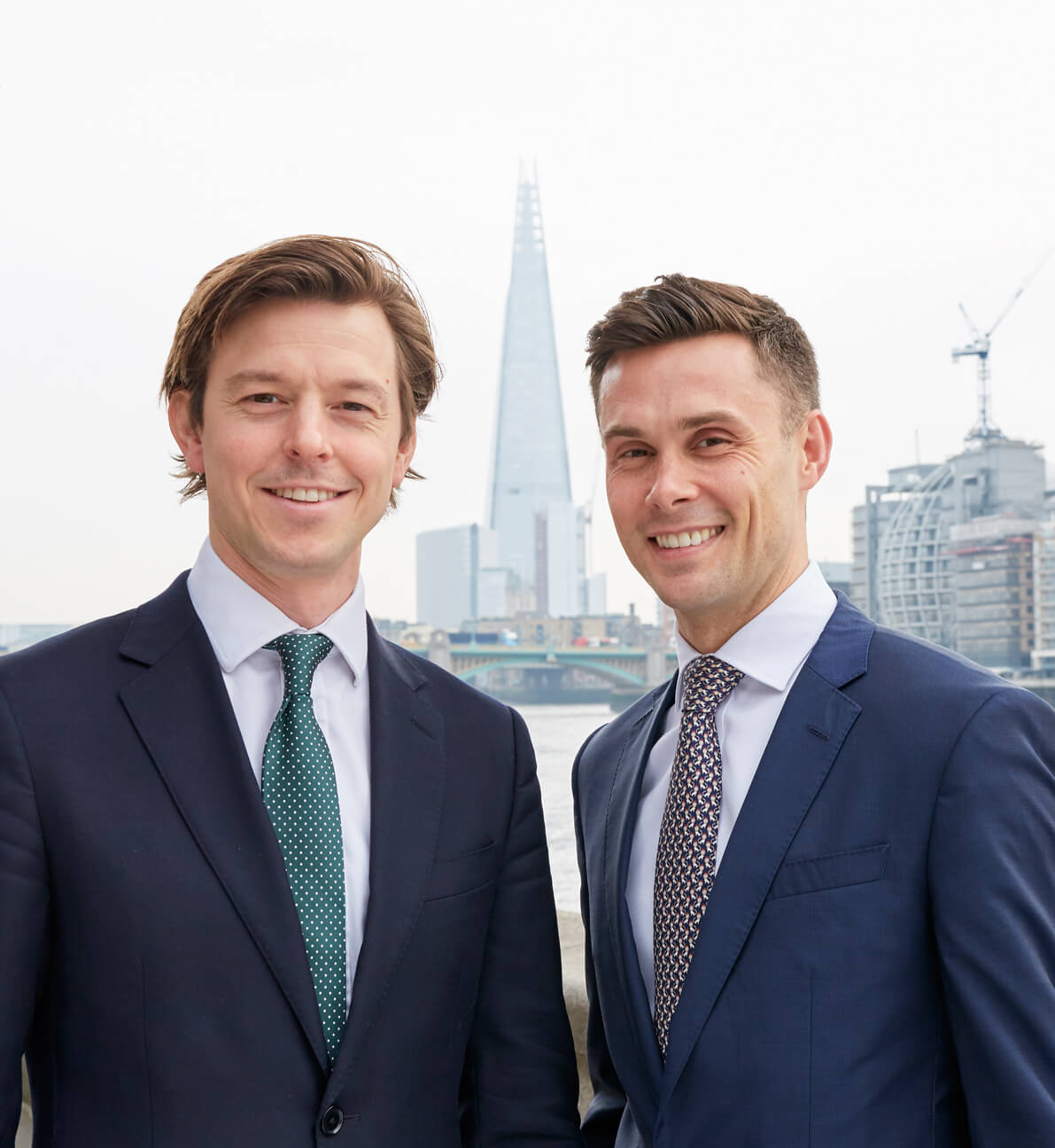Alantra is an international financial services firm with over 600 professionals representing 35 nationalities in 24 offices
We provide investment banking and alternative asset management services to corporations, family-owned companies, and institutional investors. Our ambition is to always support our clients with the best advice and products and to do that with an accountable and ethical approach to business. Our listed partnership model means that while our teams work under stringent corporate governance structures, they thrive on autonomy and are personally invested in Alantra. Which means we are all personally invested in our clients.
Read More
Independence adds value
-
Investment Banking
c.750
deals since 2019
-
Alternative
Asset Management€16.1bn+
in AuM
-
Financial Institutions Group
250+
deals since 2019
News & Insights

We are nothing if not our people and their talent
We are committed to providing opportunities to our professionals to realize their full potential within Alantra. We are looking for people who want to live by our long-term endeavor to build a financial services business which lives beyond their personal ambitions, well into the future. And we want people who make things happen.
Read MoreGlobal Presence
-
22
countries
-
24
offices
-
100+
partners around the world